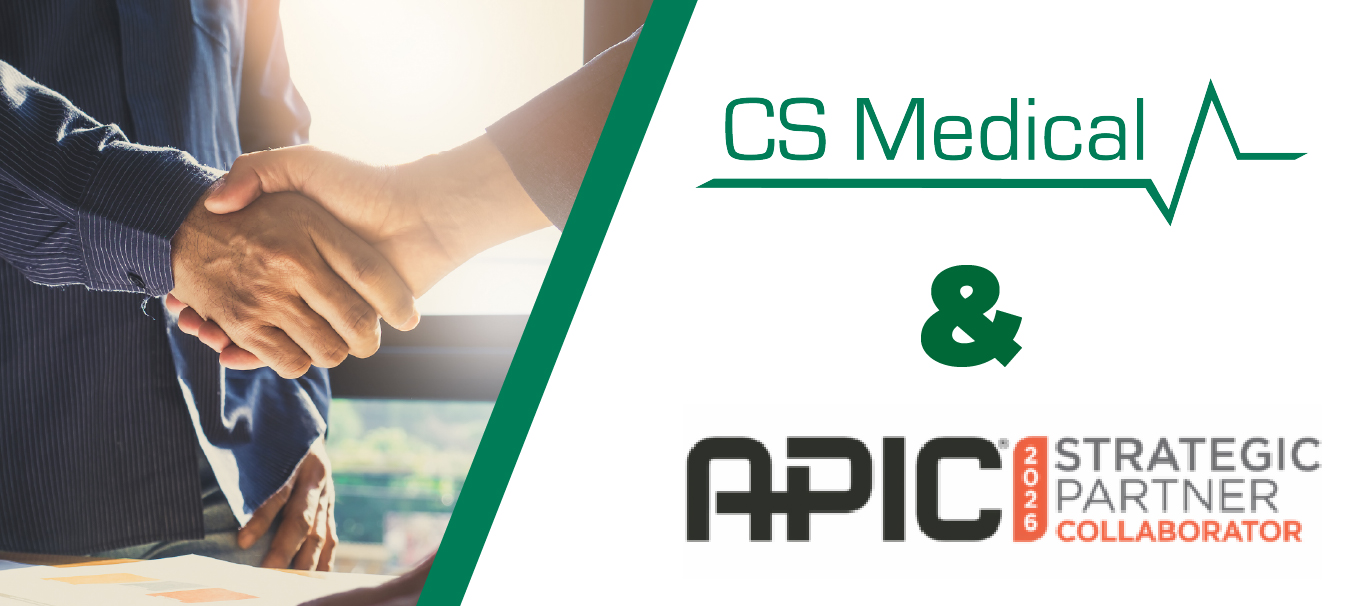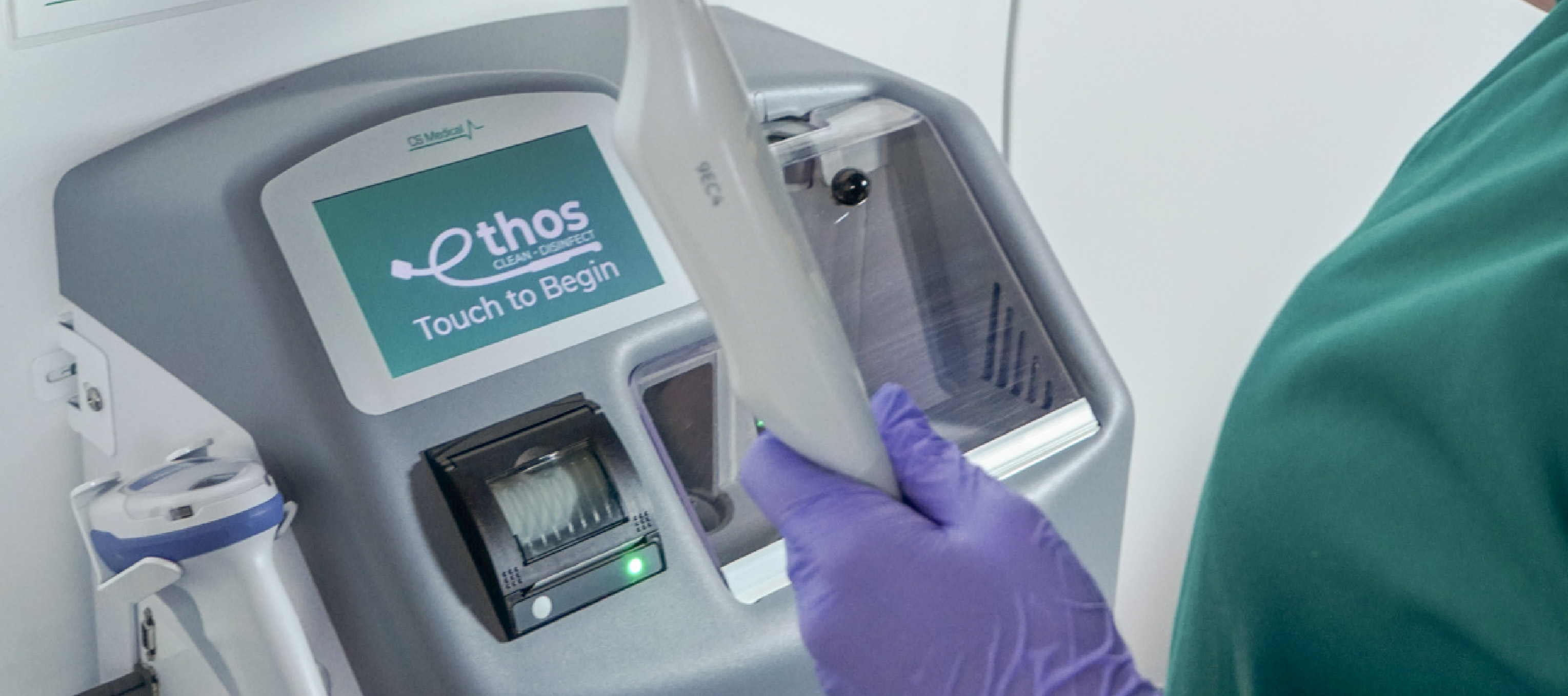The Association for the Advancement of Medical Instrumentation (AAMI) has recently unveiled a new standard, ANSI/AAMI ST108:2023, focusing on the quality of water for the reprocessing of medical devices. This fresh standard addresses the significance of water quality in the context of medical device reprocessing, defines the specific water quality criteria that healthcare facilities must adhere to, and offers guidance on designing water treatment systems that can meet these criteria. It's important to note that ST108 supersedes the technical information report TIR34: Water for the Reprocessing of Medical Devices. Although ST108 incorporates much of the content found in TIR34, a notable distinction between the two documents is that ST108 is classified as a standard, whereas TIR34 is only a technical information report (TIR).
In this new standard, AAMI has made a number of important changes to the way water management should be carried out in order to ensure the quality of water being used to reprocess medical devices is safe for patients and staff alike. ANSI/AAMI ST108:2023 calls for a few changes: the formation of a water management team; it alters acceptable water quality characteristics, categories, and metrics; and provides enhanced guidance on water treatment system design and implementation.
Recognizing the substantial undertaking of developing, implementing, and maintaining a water quality system to conform to this new standard, ST108 introduces a valuable recommendation: the establishment of a dedicated water management team. To alleviate some of the responsibilities placed on facilities, this new standard clearly delineates the roles of each team member, outlines their respective duties, and specifies the expertise required for each role. The primary responsibility of the water management team is to create, execute, and document the water management program requirements in accordance with local regulations and relevant standards. Unlike TIR34, the previous document, ST108 provides guidance and recommendations for the formation and functioning of a water management team.
Both ST108 and TIR34 outline the critical characteristics that impact water quality. However, ST108 broadens the scope by expanding the water quality characteristics to be considered when preparing water for the reprocessing of medical devices. While TIR34 focused on two characteristics (microbial level and inorganic & organic contaminants), ST108 now includes six (physical appearance, microbial level, inorganic & organic contaminants, pH, conductivity, and temperature). These characteristics are coupled with an expanded set of water quality metrics that must be met within the three water quality categories: utility, critical, and steam. Critical water, in line with TIR34, still maintains more stringent limits than utility water, and the requirements for steam are similar to those previously combined under the "critical water" category in TIR34. This increase in water quality metrics within ST108 may necessitate facilities to enhance their water testing capabilities to ensure compliance with the specified requirements.
One of the significant advancements from TIR34 to ST108 is the enhanced emphasis on the design and implementation of water treatment systems. While TIR34 primarily provided water quality metrics and an explanation of the potential components of a water treatment system, ST108 takes it a step further by offering more extensive guidance on how water treatment systems can utilize various technologies to meet the water quality metrics for utility and critical water. This additional guidance provides facilities with a starting point for the design of their water treatment systems. Furthermore, ST108 specifies a plan for restarting a water treatment system in cases of prolonged shutdowns, like during construction or boil advisories. This plan includes a validation procedure, which may contribute to standardizing practices and reducing confusion concerning water system startup and shutdown.
Ensuring water quality is paramount in medical device reprocessing to bolster patient safety and prolong the life of semi-critical medical devices. The TEEClean® Automated TEE Probe Cleaner Disinfector, designed for transesophageal echocardiogram (TEE) ultrasound probes, and the Ethos® Automated Ultrasound Probe Cleaner Disinfector, used for surface and endocavity ultrasound probes, are equipped with a 5nm (0.005µm) filter. This filter effectively removes bacteria, viruses, and endotoxins from the water employed for cleaning, disinfecting, and rinsing. Notably, the 0.005µm filter utilized in CS Medical's automated cleaner disinfectors is forty times smaller than the 0.2µm filter recommended in ST108 for bacteria removal. The use of a smaller filter size enhances bacteria, virus, and endotoxin removal while reducing the likelihood of microorganism breakthrough when properly maintained. Furthermore, using highly filtered water does not increase the bacterial load on the device, as mandated by ST108, and helps ensure that disinfected probes remain uncontaminated during the final rinse. This is just one of the many ways in which TEEClean and Ethos contribute to the thorough cleaning and disinfection of devices, promoting patient safety.


